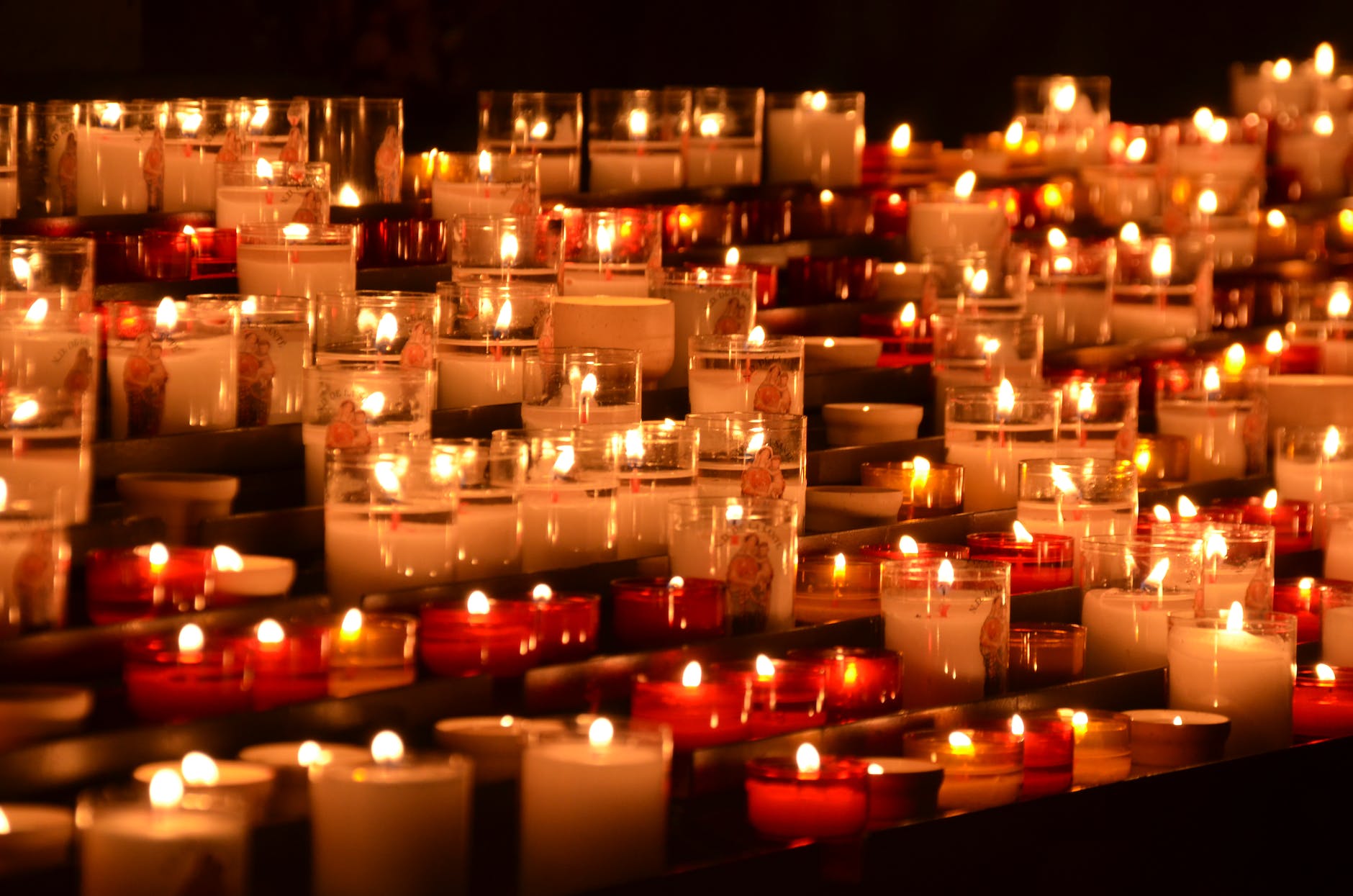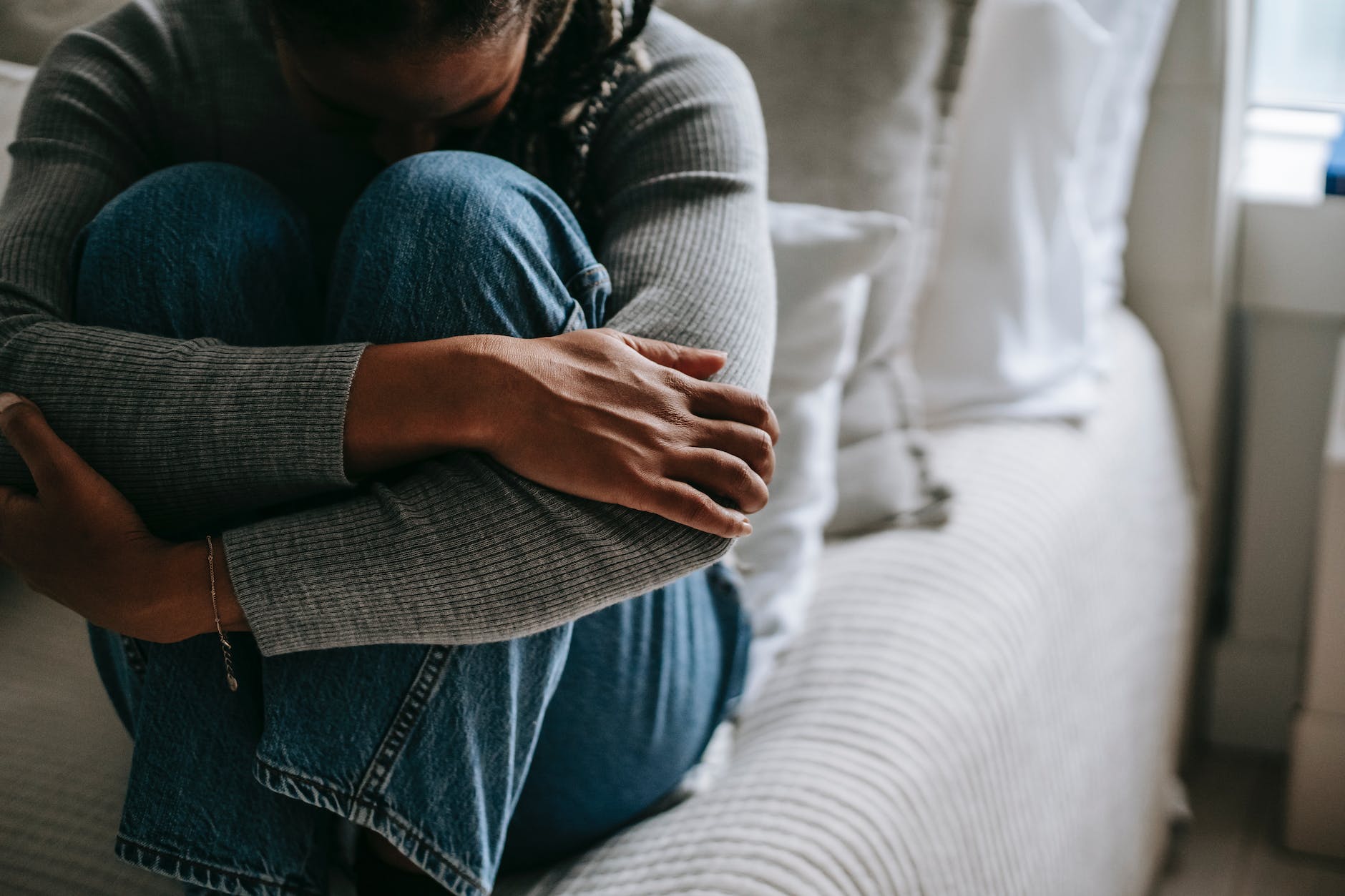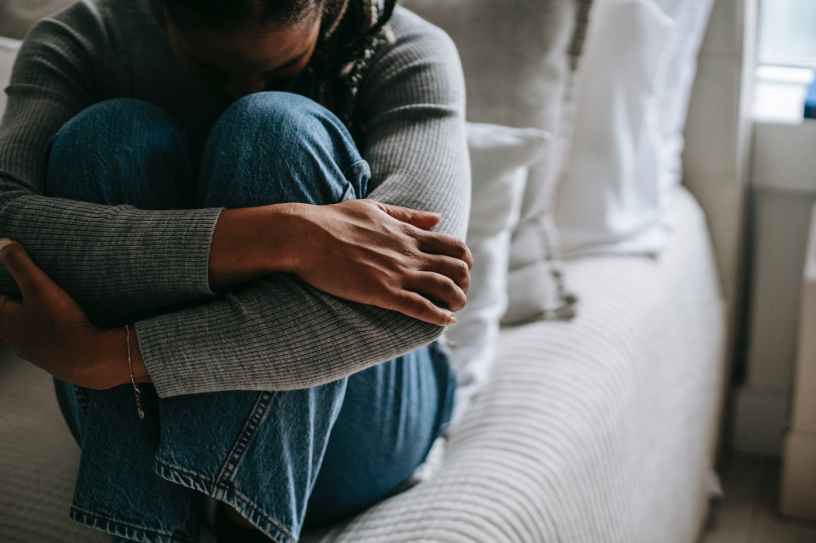“Time heals all wounds” is a popular saying we hear when going through grief or a difficult time. But is this necessarily true?

Grief can be described as the intense feeling of sadness and/or loneliness after losing someone or something dear to you. When such a loss happens, there is a certain type of way that the society and people around you expect you to behave or to deal with the loss. In fact, there are even the conventional 5 stages of grief that one goes through (denial, anger, bargaining, depression, and acceptance).
But what happens when you don’t go through the conventional stages of grief? Are you truly grieving? Did you undergo actual loss? Is this what is called Disenfranchised Grief? Join me as we answer these questions today.
“Yes, you lost your job. But you’re alive and healthy, and you have a roof over your head. You should be grateful rather than grieving”
“Are you that sad because you lost a pet?” It’s not like it was an actual child or a human being, get over it”
These are just some of the situations where your loss/grief may not fit exactly into society’s expectations thus contributing to disenfranchised grief. Despite the magnitude of the loss, your feelings are valid and you are entitled to grief.

What is Disenfranchised Grief?
Disenfranchised Grief can be defined as grief which isn’t socially accepted and/or doesn’t fit the norms of how one should grieve. As listed above, there are some ways in which society expects you to behave after going through loss and when you act contrary to this, then this can bring about doubts about your grief and is often unacknowledged by society. This can cause you not to get the support you actually need during this period and can in turn prolong your emotional pain or distress.
Some examples of disenfranchised grief:
- Loss of a pet
- Loss of a loved one who died by suicide
- Loss of a pen pal or an online friend
- Losing of one’s job
- Losing of a patient or client
- Losing a colleague, student, teacher, classmate
- Losing one’s home/home country/citizenship
- Loss of a partner when you had chosen to keep your relationship private
- Mental illness in a loved one
- Loss of child through miscarriage, abortion, or stillbirth
- A loved one going to prison
- Loss of an absent or unknown family member. Etc

Despite what society says or its expectations, loss affects all of us differently and we are each entitled to our own ways of grief or dealing with the loss. No loss is minimal and none of it should be downplayed. Disenfranchised grief can be difficult to deal with especially since one does not get the amount of support one needs. Join us next week as we look at the effects, causes and treatment for Disenfranchised Grief.
Sharonah ❤❤❤

